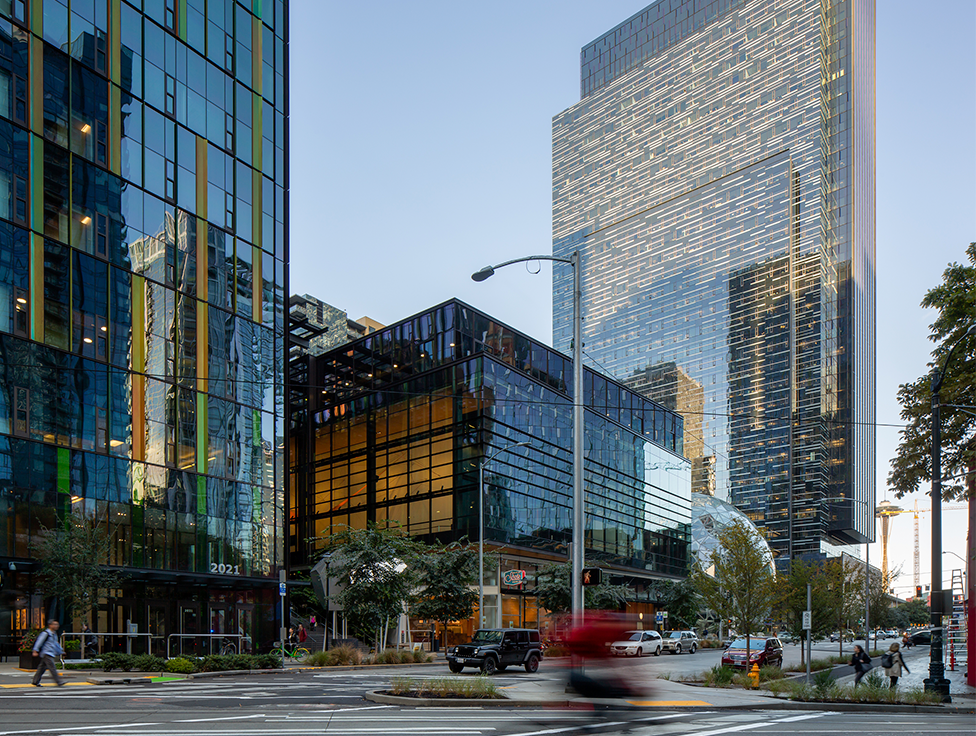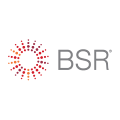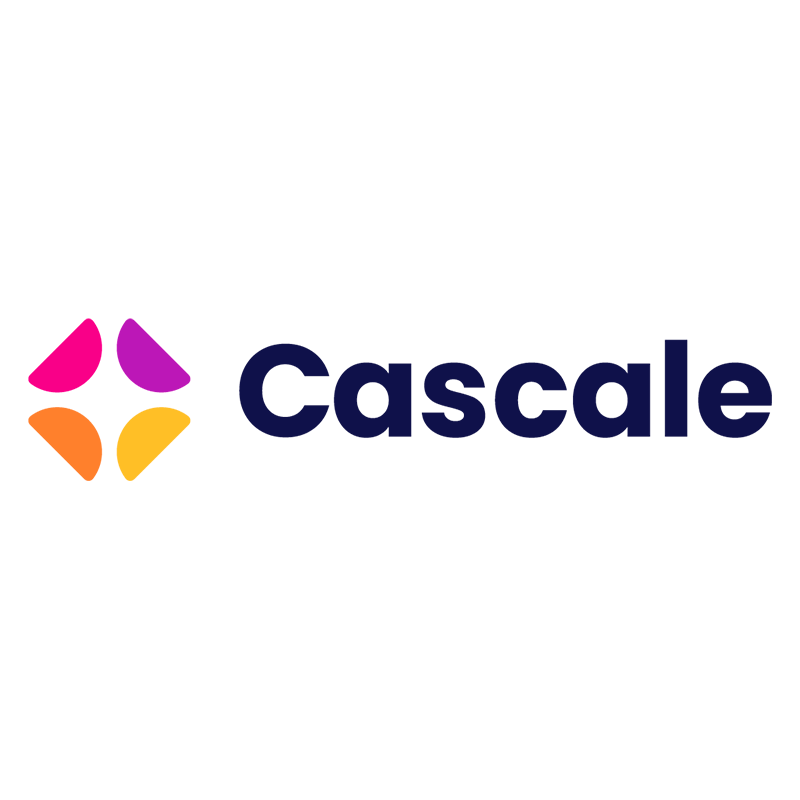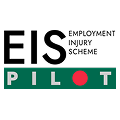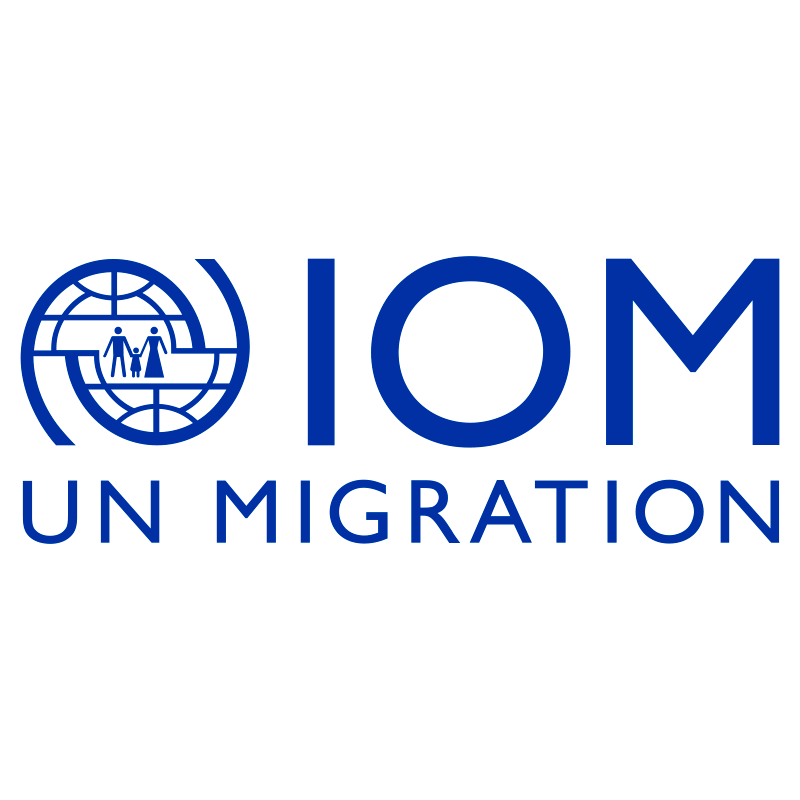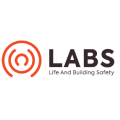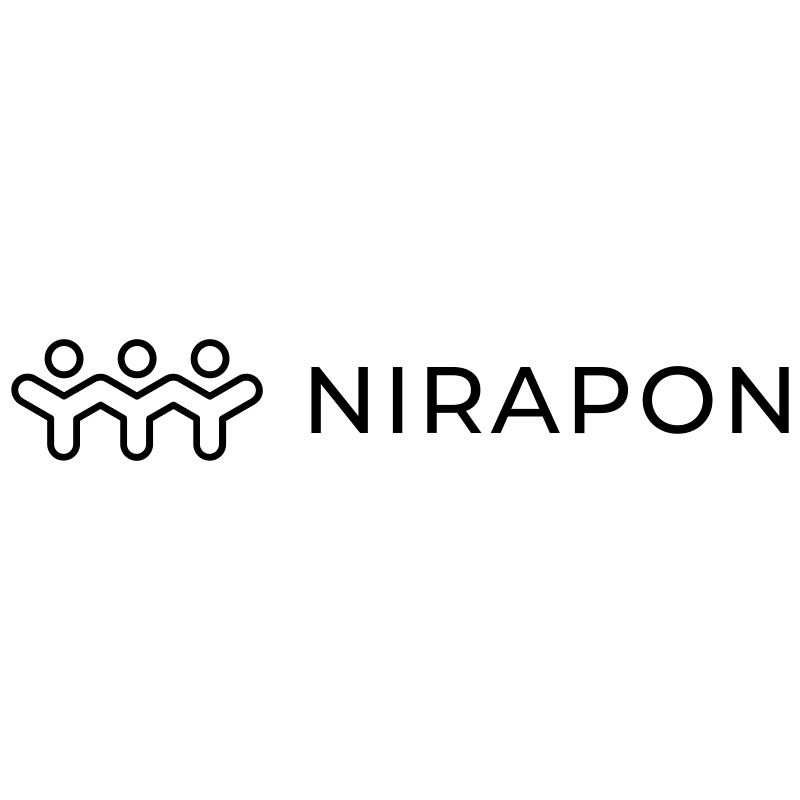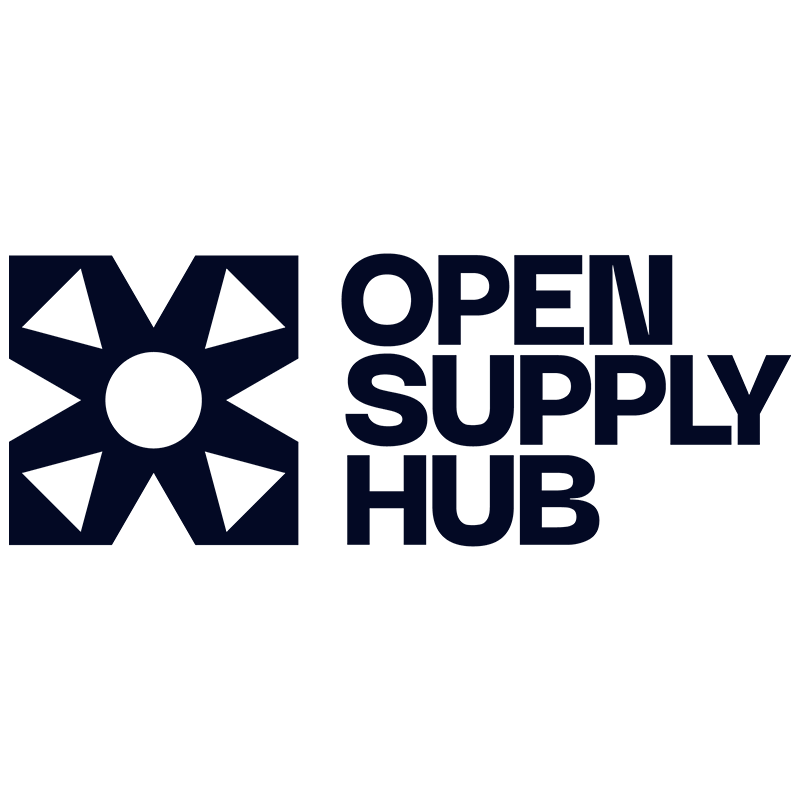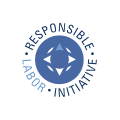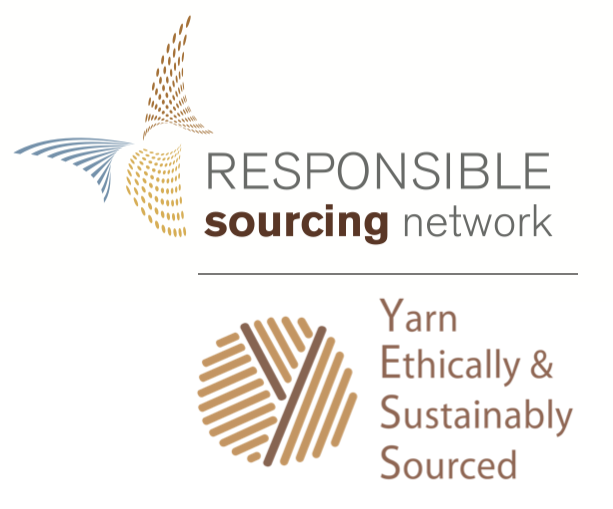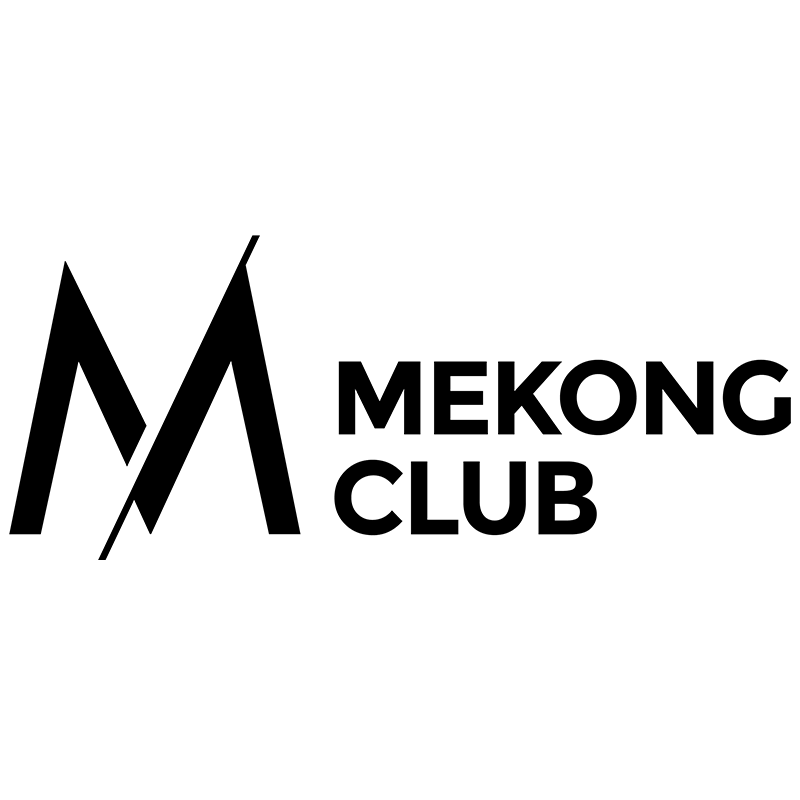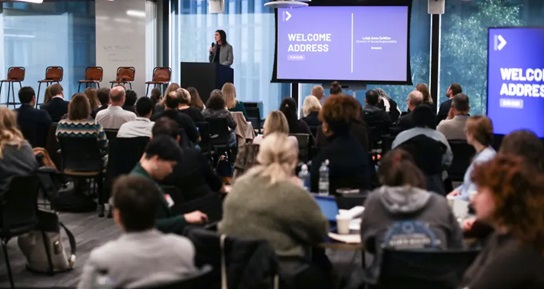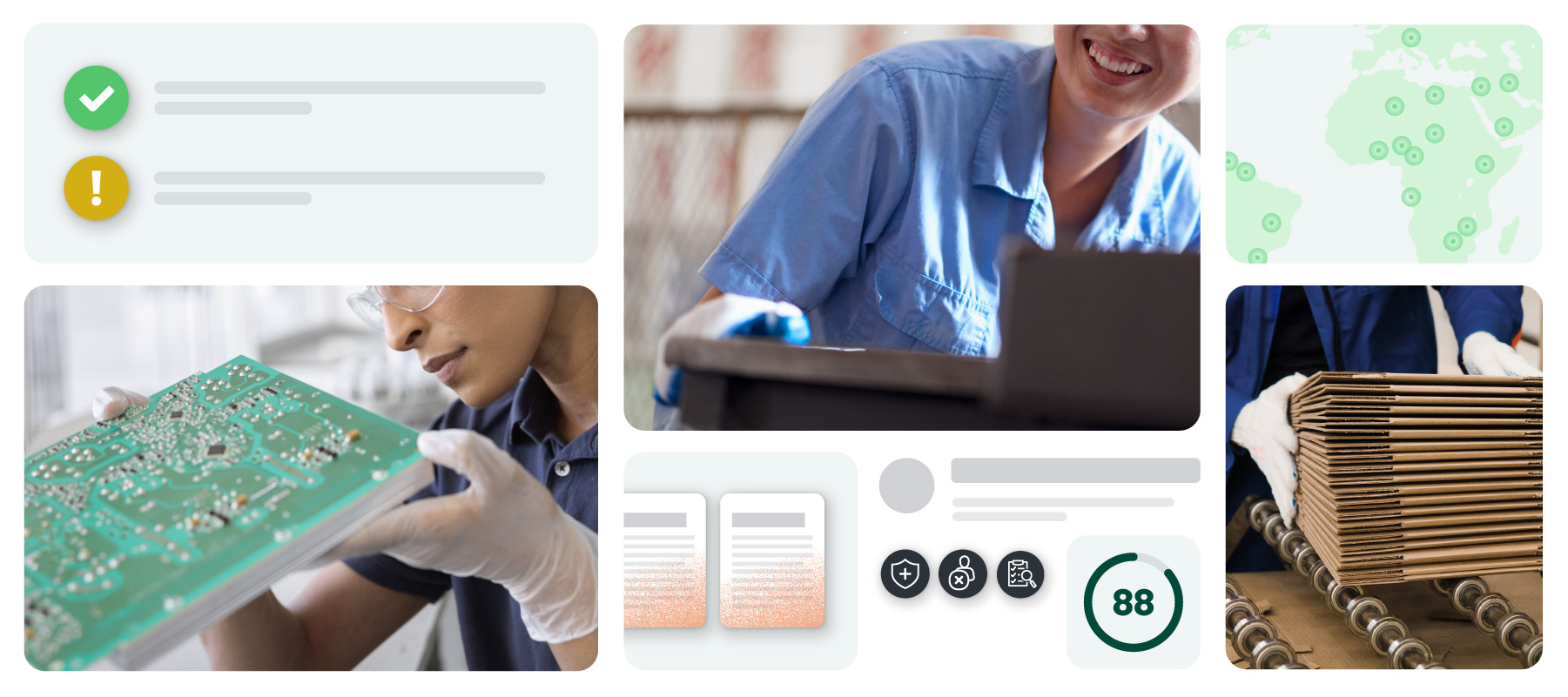Just as we’re committed to promoting the rights of our employees, we’re committed to working with our suppliers to embed respect for human rights in their operations and supply chains and to help us further our goal to support the fundamental dignity of everyone we work with.
Amazon is committed to respecting internationally recognized human rights as defined by international standards and frameworks developed by the United Nations (UN) and the International Labour Organization (ILO), including the UN Universal Declaration of Human Rights; the Core Conventions of the ILO; and the ILO Declaration on Fundamental Principles and Rights at Work.
Our approach to deliver on these commitments is built on five pillars:
- Developing and maintaining strong policies and standards
- Embedding human rights into our business activities and decision-making
- Identifying, assessing, prioritizing, and addressing risk
- Engaging with stakeholders
- Improving access to effective grievance mechanisms and remediation

